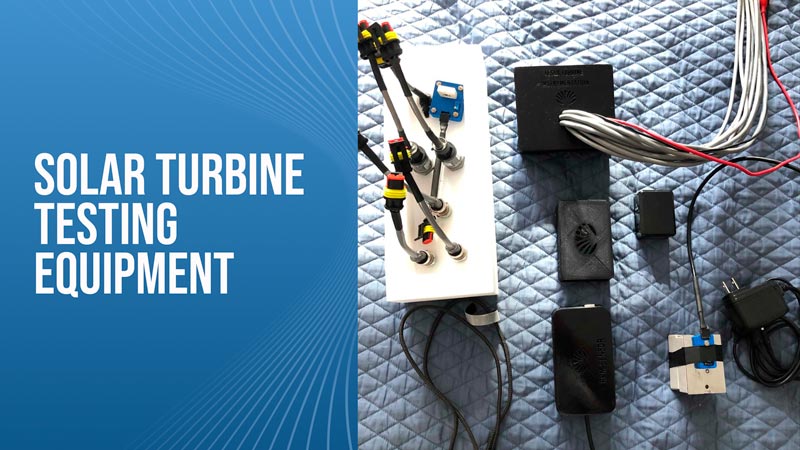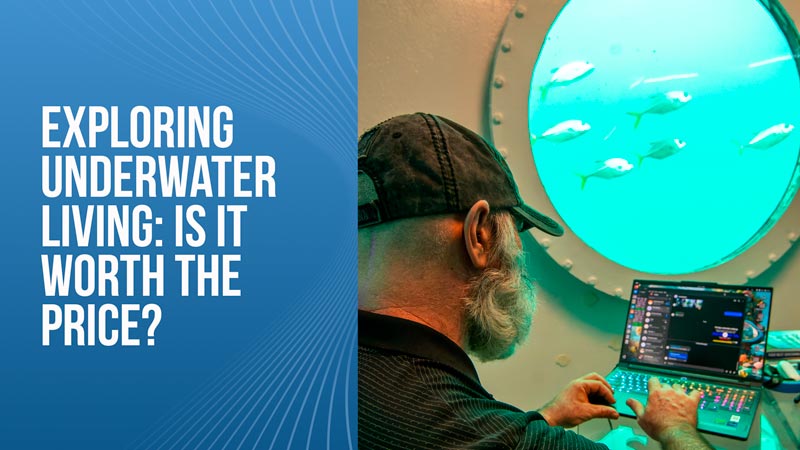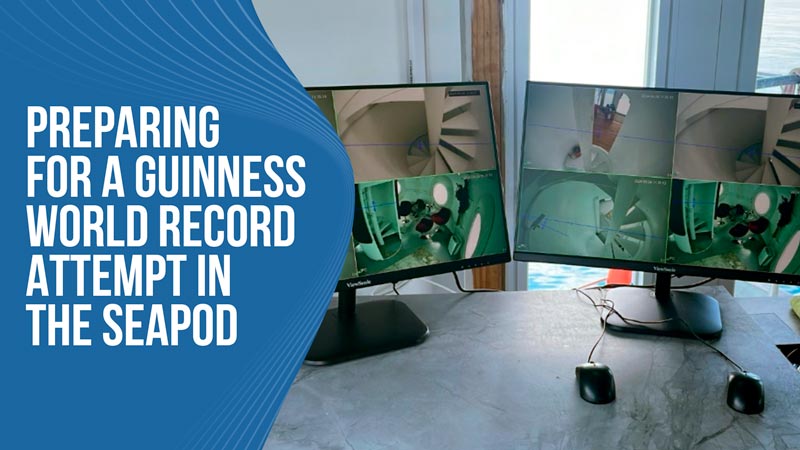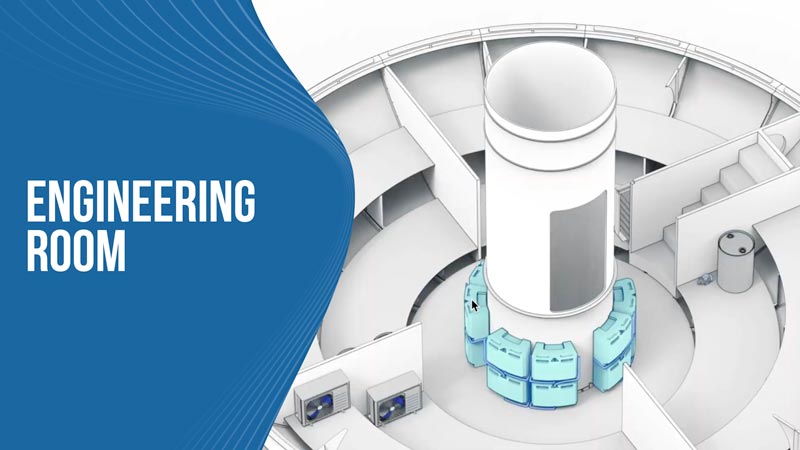
One of the most important research and development projects that we are focusing on is the development of a solar-powered steam turbine. We have spent the last year and a half working on this project and we have encountered a few difficulties that required some problem solving.
There are many people around the world who have great ideas and are developing technologies like this, but a common problem is that many of these developers don’t have the proper equipment to accurately measure the results of their work.
This is a significant problem when it comes to projects having to do with energy. It is very important to be able to accurately measure the inputs and outputs of their system. In this case, being able to measure the efficiencies as well as the ability to locate and measure the inefficiencies is crucial to being able to improve the project.
Without accurate testing capabilities, it is very difficult to know your exact efficiencies and inefficiencies on a small scale. When things like this aren’t found on a small scale, then they will be exaggerated when moved to a larger scale.
With the general lack of testing equipment in the small-scale energy sector, we decided to just develop our own. We started with printing our own circuit board which was designed for us to meet the requirements that we need to operate all of the sensors and give us the ability to have constant monitoring.
The sensor module that we created can read the voltage, amperage, RPM of the turbine, the temperature at several points in the system, and the pressure inside the turbine system. It will also allow us to control and vary the inputs during testing and eventually allow everything to be adjusted automatically.
We still have a few months of work to do on this project, but the numbers that we are seeing so far are good for the stage that we are at and that will continue to improve. These tools are allowing us to revise and refine this system so that it will eventually be able to produce a significant amount of energy to help power the SeaPod.



